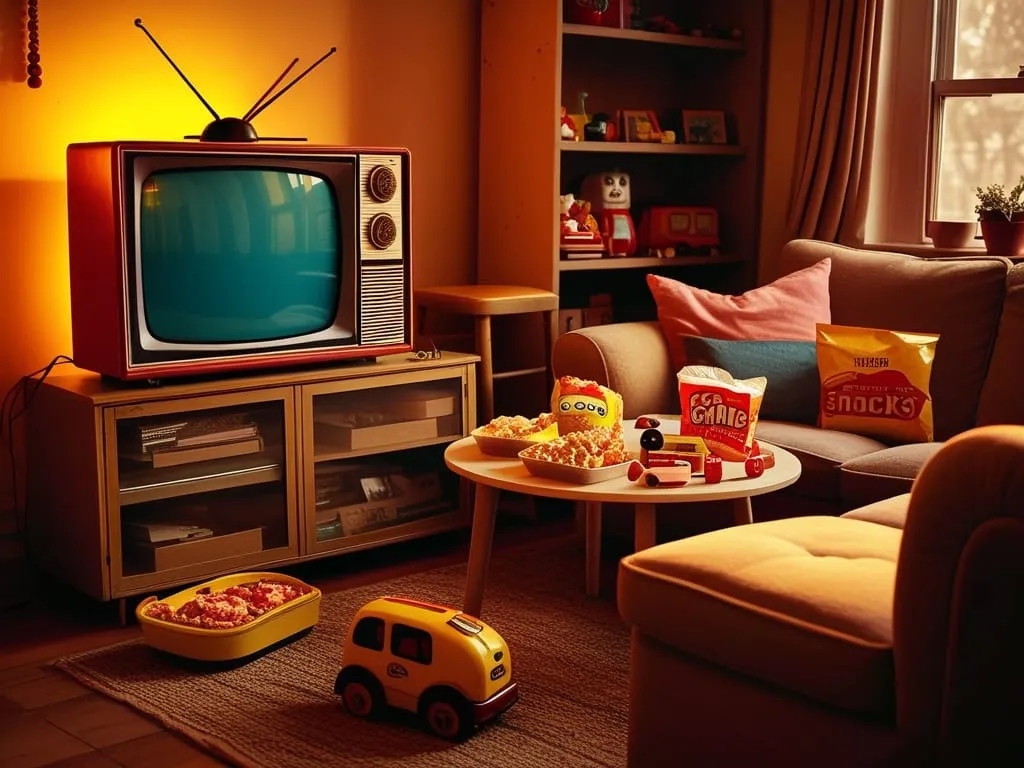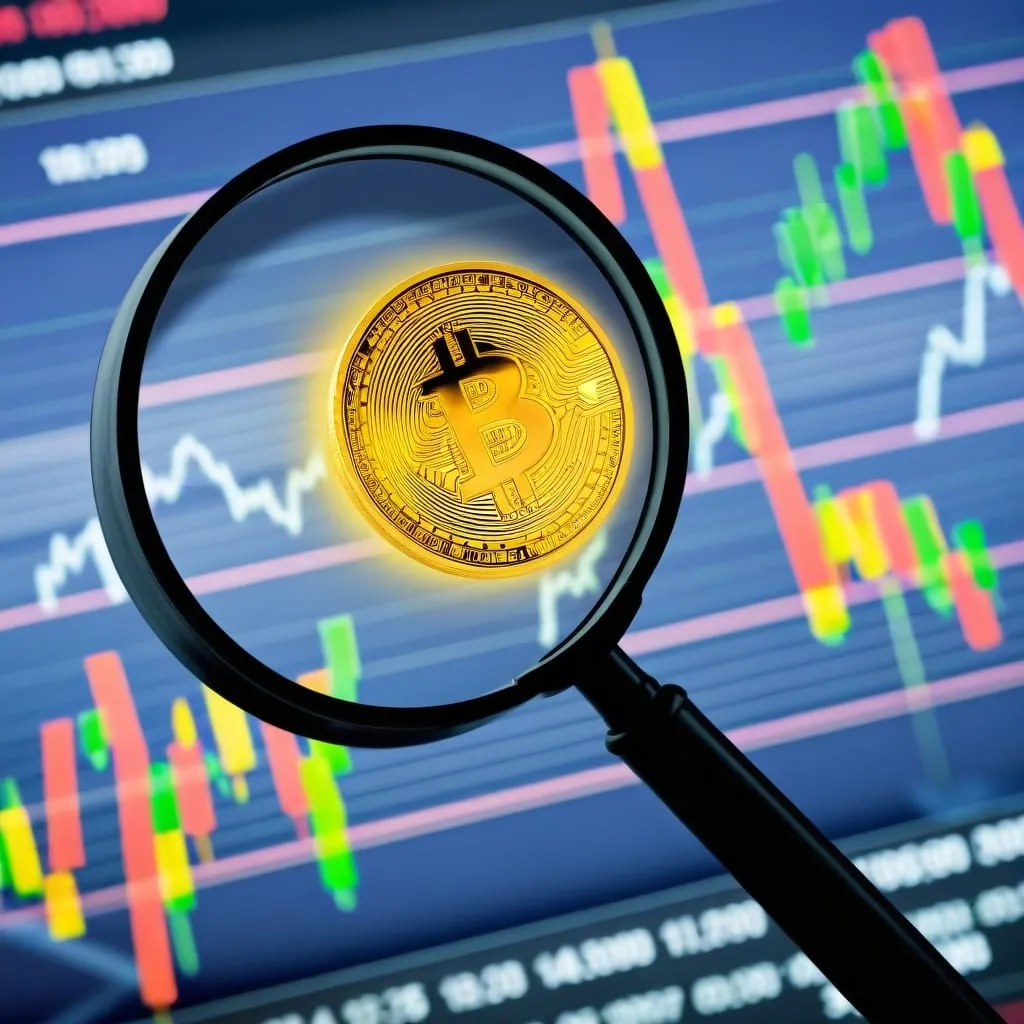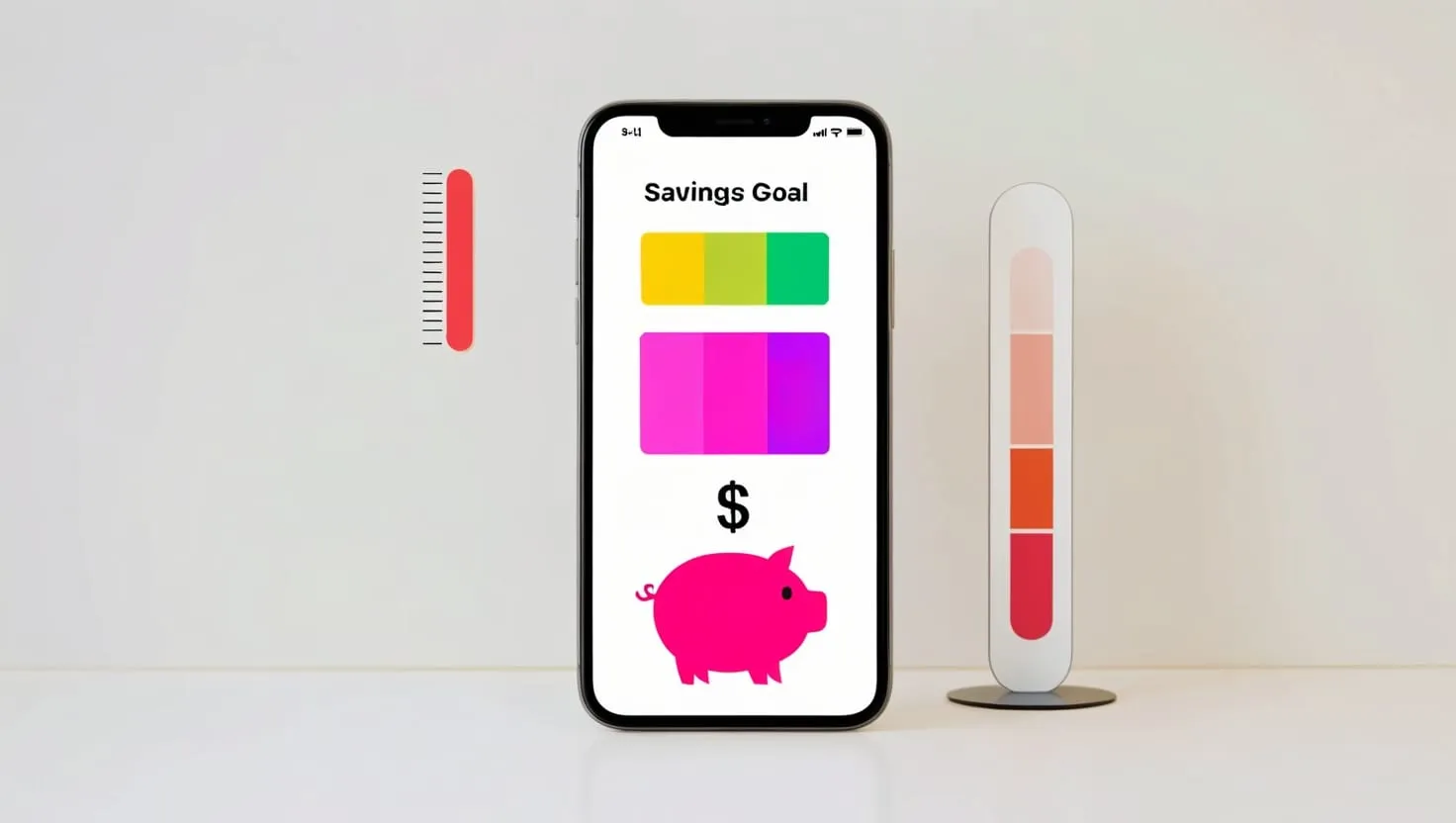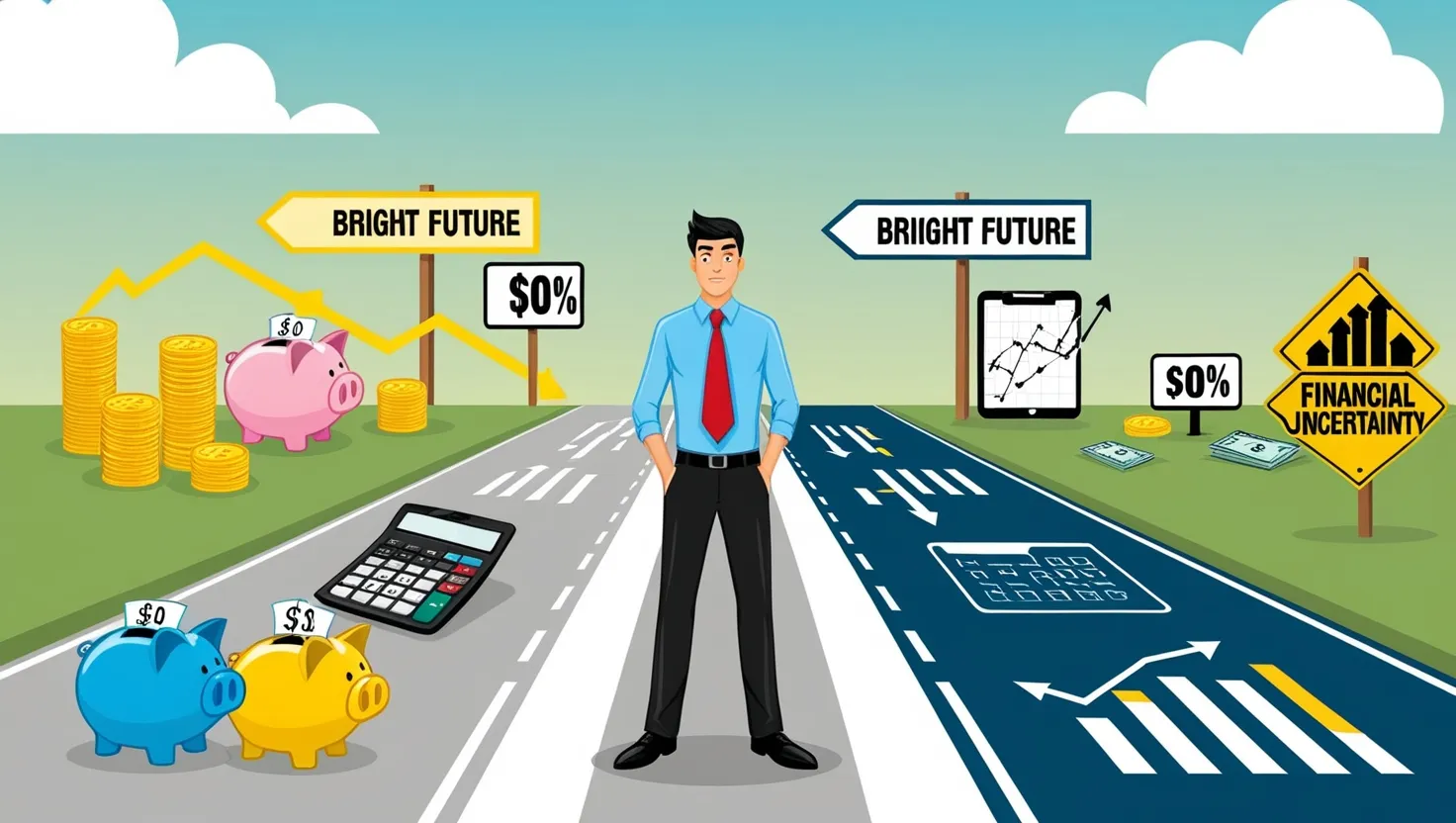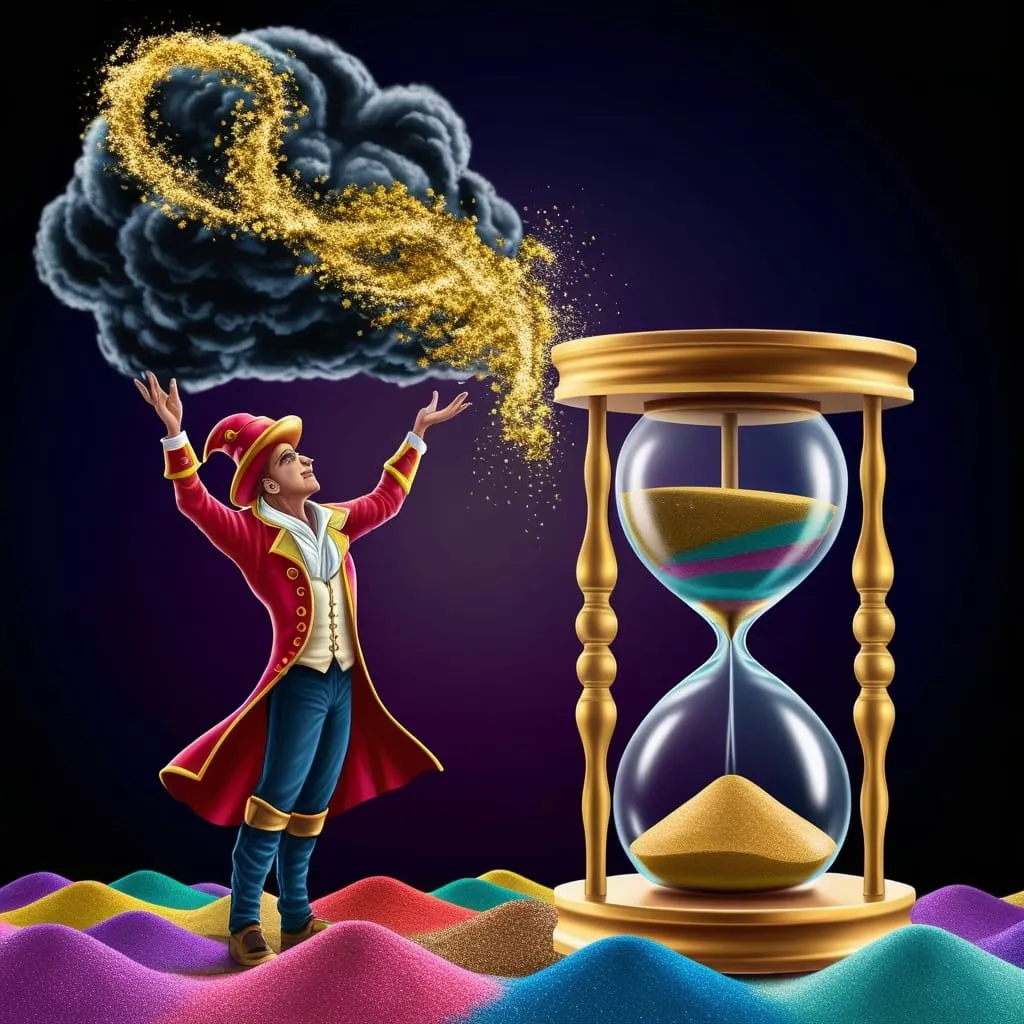Nostalgia is more than just a sentimental longing for the past; it is a powerful tool that marketers have increasingly recognized as a way to forge deep, emotional connections with consumers. This phenomenon is not just about revisiting fond memories, but it also has a significant impact on consumer behavior, influencing purchasing decisions in subtle yet profound ways.
When we think of nostalgia, we often picture scenes from our childhood – the smell of freshly baked cookies, the sound of old music, or the taste of a favorite snack from years ago. These memories are not just random recollections; they are deeply embedded in our emotional psyche. For instance, if you grew up enjoying Pillsbury crescent rolls, the mere sight of them in a grocery store can transport you back to simpler times, evoking feelings of comfort and security. This emotional connection is what brands are leveraging to drive consumer engagement and loyalty.
The pandemic has accelerated this trend, as people sought solace in familiar comforts during uncertain times. Many consumers turned to nostalgic products as a way to cope with the stress and isolation. General Mills, for example, brought back Dunkaroos, a snack that was a staple for many in the 90s. This move was not just a nostalgic gimmick; it tapped into a deep-seated desire for comfort and familiarity. Similarly, brands like Campbell’s Soup and Chef Boyardee saw increased sales as consumers reverted to the processed foods they grew up with.
Retro clothing is another area where nostalgia has made a significant impact. Brands like The Hundreds and Sporty & Rich have incorporated vintage elements into their designs, appealing to consumers who yearn for the fashion of past decades. Online platforms like Poshmark and Thredup, which specialize in vintage clothing, have also seen a surge in popularity. This trend is not just about fashion; it's about reconnecting with a past that feels more authentic and less complicated than the present.
The power of nostalgia extends beyond consumer goods to entertainment as well. Shows like "Stranger Things" have become cultural phenomena by meticulously recreating the aesthetic and atmosphere of the 1980s. The show's use of iconic music, vintage movies, and nostalgic settings triggers a strong emotional response in viewers, making them feel like they are reliving their childhood. This is not accidental; the creators of "Stranger Things" have admitted that they intentionally included these nostalgic elements to evoke a sense of shared experience and collective memory.
But how do brands capitalize on this nostalgia effectively? It's not just about slapping a retro label on a product; it requires a nuanced understanding of what consumers are nostalgic for and why. For instance, Pepsi created exclusive Mountain Dew flavors for gamers, tapping into the nostalgia of gamers who grew up playing classic video games. This approach shows that brands need to think about their target audience and what messages resonate with them.
One of the key strategies is to use creative content that triggers nostalgic feelings. This can be done through advertising campaigns that evoke memories of the past. For example, Nintendo's commercial featuring two brothers who grow apart but reunite to play the new Nintendo Switch is a masterclass in nostalgia marketing. It reminds viewers of the fun they had playing video games as children and shows how the brand's technology has evolved to reconnect old friends and relatives.
Another effective way to leverage nostalgia is by focusing on how your brand can bring families together. During the pandemic, many families were stuck at home, and brands that could tap into this dynamic saw significant benefits. Tesco's holiday ad, which showed a family growing and aging over the years through home videos, is a poignant example of this. The ad stirred up fond holiday memories for viewers, making the brand more relatable and endearing.
Nostalgia also has a unique ability to make the mundane extraordinary. When we experience nostalgia, ordinary moments can take on a special significance, imbued with the emotional weight of our memories. This is why brands like Levi’s have launched clothing lines inspired by the 80s aesthetic of shows like "Stranger Things." These products are not just clothes; they are a way for consumers to reconnect with a past that feels more authentic and meaningful.
The psychology behind nostalgia is fascinating. It is a positive memory triggered by cues, such as sights, sounds, or smells, that bring back vivid feelings from the past. Unlike other memories, nostalgia tends to focus on the positive aspects, downplaying the negative. This selective memory recall creates a warm, comforting glow that makes us yearn for the past. Brands that can tap into this emotional reservoir can create a strong, positive association between their brand and the consumer's most cherished memories.
In today's fast-paced, ever-changing world, the pull of nostalgia seems stronger than ever. People are seeking stability and continuity in a time marked by rapid technological advancements, globalization, and social change. Nostalgia offers a soothing balm for these anxieties, providing a link to a time when life seemed more predictable and secure. By evoking this sense of stability, brands can create a sense of comfort and reassurance that resonates deeply with consumers.
Moreover, nostalgia marketing can help bridge the gap between the digital and pre-digital eras. As digital technology increasingly mediates our interactions, many crave the authenticity and human connection that defined a pre-digital era. By conjuring up memories of genuine human experiences, nostalgia marketing can foster a sense of camaraderie and shared history.
The financial implications of nostalgia marketing are significant. Studies have shown that nostalgic feelings make consumers more willing to spend money on consumer goods and services. This is because nostalgia creates a sense of belonging and comfort, making consumers feel more connected to the brand and more inclined to make a purchase.
Incorporating famous characters and scenes from the past in modern advertisements is another effective strategy. For example, Target's campaign promoting "Star Wars: The Force Awakens" merchandise featured home videos of fans dressed as their favorite characters, all set to the classic "Star Wars" theme. This approach not only resonated with longtime fans but also attracted new converts, showcasing the broad appeal of nostalgia marketing.
Limited re-releases of nostalgic products are also a clever tactic. Tamagotchi and Beanie Babies, for instance, have seen resurgence in popularity as companies capitalize on the nostalgia for these classic items. These re-releases are not just about selling products; they are about reconnecting consumers with their past and creating a sense of continuity.
Partnering with nostalgic brands is another way to tap into this sentiment. Even if your brand is new, collaborating with brands that have a rich history can lend your brand the same nostalgic appeal. For example, Levi’s partnership with "Stranger Things" to create an 80s-inspired clothing line was a masterstroke, combining the brand's historical significance with the show's nostalgic charm.
In conclusion, nostalgia is more than just a sentimental trip down memory lane; it is a sophisticated marketing strategy that can forge emotional connections, build brand loyalty, and drive sales. By understanding the psychology behind nostalgia and leveraging it effectively, brands can create compelling narratives that resonate deeply with consumers. Whether it's through retro fashion, classic snacks, or nostalgic advertising, the power of nostalgia lies in its ability to make the past feel relevant and comforting in the present. As we navigate the complexities of the modern world, it's clear that nostalgia will continue to play a significant role in shaping consumer behavior and driving business success.
